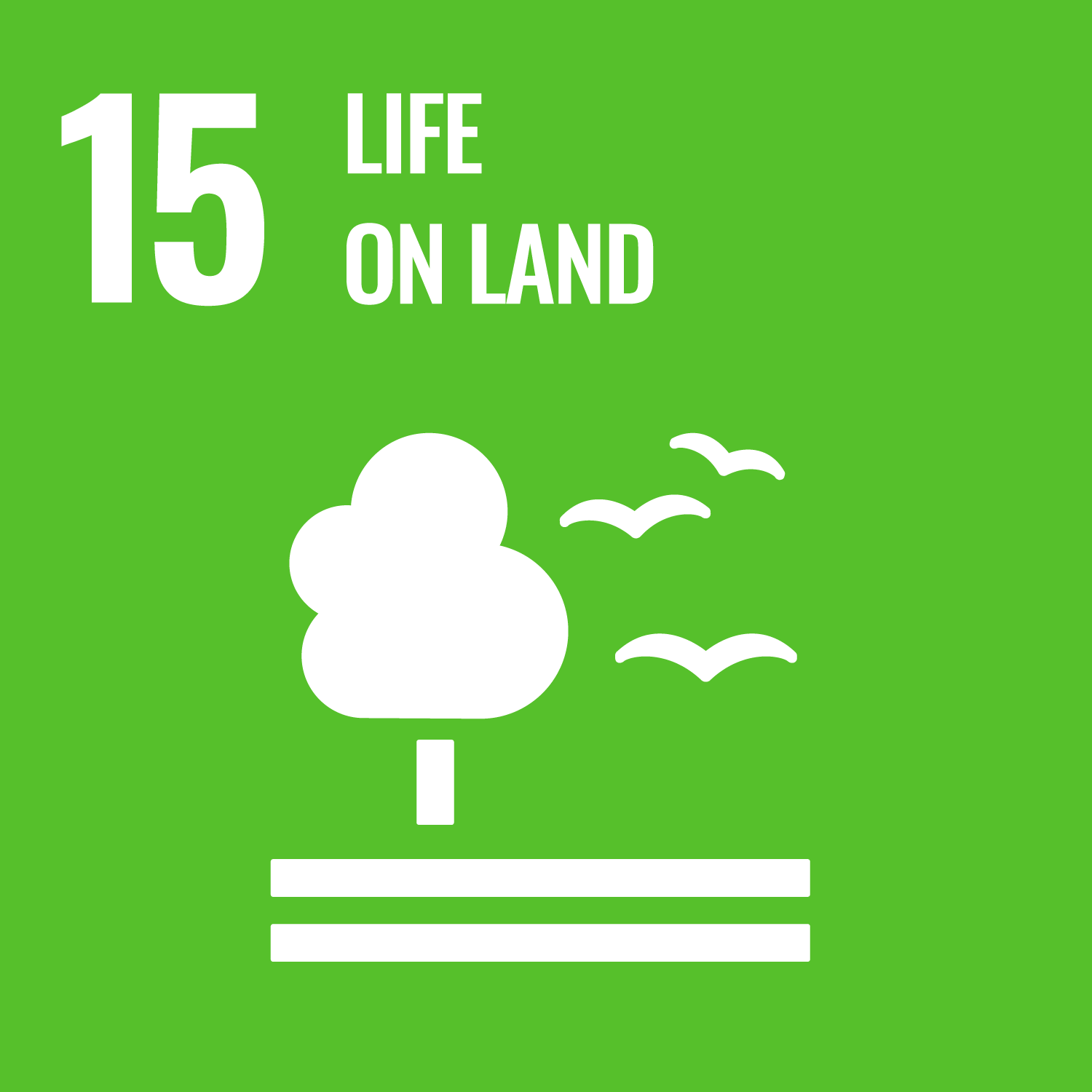ORCID
- Claire Kelly: 0000-0002-3809-225X
- William Blake: 0000-0001-9447-1361
Abstract
Soil erosion represents a critical socio-economic and environmental hazard for Mexico and the world. Given that soil erosion is a phenomenon influenced by human activities, it is essential to know the level of cultural perspectives on this matter. An instrument with eight scales was applied to 275 university students from a northwestern Mexican city, which measured the knowledge about soil erosion, self-efficacy in solving the problem, future perspectives, perceived consequences, obstacles to addressing soil erosion, and mitigation intentions and behaviors. To analyze the relationship between the scales and the intentions and behaviors of soil erosion mitigation, a model of structural equations was tested. In summary, the participants know the problem of soil erosion, its impacts, and recognize risks to human and environmental health. They also know their important role within soil conservation; however, they identified significant obstacles to action. This study determined that each indicator has a correlation with soil erosion mitigation intentions except for the obstacles. The indicators that had the greatest positive relationship in mitigation intentions were knowledge, self-efficacy, and the perspective of the future. The implications of these results open the landscape to the creation of efficient strategies to mitigate soil erosion in this region and Mexico.
DOI Link
Publication Date
2021-08-18
Publication Title
SUSTAINABILITY
Volume
13
Issue
16
Acceptance Date
2021-08-03
Deposit Date
2021-08-31
Embargo Period
2021-09-02
First Page
9282
Last Page
9282
Recommended Citation
Díaz-Rodríguez, A., Kelly, C., del, V., Bravo-Linares, C., Blake, W., Velasco, H., Meigikos, d., Barrera-Hernández, L., & de, l. (2021) 'Exploring Relationship between Perception Indicators and Mitigation Behaviors of Soil Erosion in Undergraduate Students in Sonora, Mexico', SUSTAINABILITY, 13(16), pp. 9282-9282. Available at: 10.3390/su13169282



